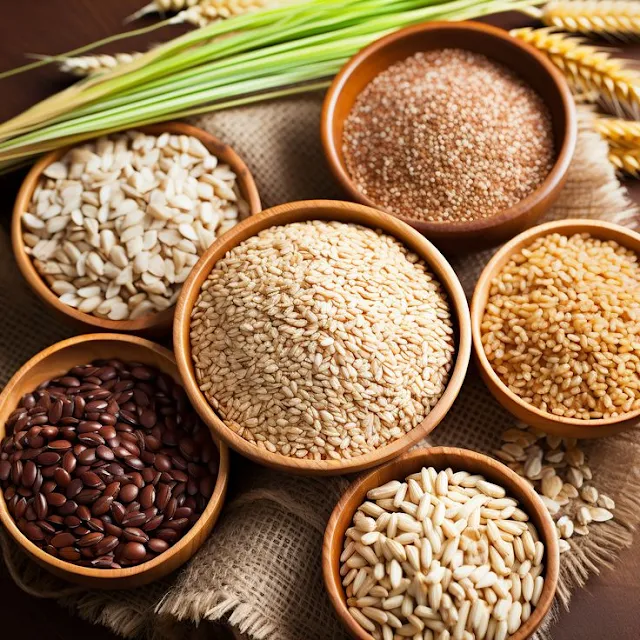10 Foods to Add to Your Diet
Are you tired of feeling sluggish and run down? Do you want to boost your energy levels and improve your overall health? The key to optimal wellness starts with the foods you eat. In this article, we'll explore 10 nutrient-dense foods to add to your diet for better health.
1. Leafy Greens (Kale, Spinach, Collard Greens)
Packed with vitamins A, C, and K, leafy greens are nutritional powerhouses. These vegetables support healthy bones, eyes, and immune function. Their high fiber content also aids in digestion and helps maintain a healthy weight. Incorporate them into salads, smoothies, or sauté them for a delicious side dish.
2. Berries (Blueberries, Strawberries, Raspberries)
Berries are a delicious and easy way to get your daily dose of antioxidants and fiber. These vibrant fruits support heart health, enhance cognitive function, and may even reduce the risk of chronic diseases. Enjoy them fresh, in smoothies, or as a topping for yogurt and oatmeal.
3. Nuts and Seeds (Almonds, Walnuts, Chia Seeds)
Nuts and seeds are excellent sources of healthy fats, protein, and essential minerals. They support heart health, promote digestion, and help keep you feeling full and satisfied. Snack on a handful, sprinkle them on salads, or blend them into smoothies for a nutrient boost.
4. Fatty Fish (Salmon, Sardines, Tuna)
Fatty fish are rich in omega-3 fatty acids, which are crucial for heart health and brain function. Regular consumption of these fish can lower the risk of heart disease, reduce inflammation, and support mental health. Aim to include fatty fish in your diet at least twice a week, whether grilled, baked, or in sushi.
5. Sweet Potatoes
Sweet potatoes are a versatile and delicious source of vitamin A and fiber. These root vegetables support healthy vision, boost immunity, and aid in digestion. Roast them, mash them, or use them as a base for a hearty stew.
6. Whole Grains (Quinoa, Brown Rice, Oats)
Whole grains are packed with fiber, vitamins, and minerals that support digestive health, stabilize blood sugar levels, and provide lasting energy. Incorporate whole grains into your meals by choosing quinoa, brown rice, or oats as a base for salads, side dishes, or breakfast bowls.
7. Legumes (Beans, Lentils, Chickpeas)
Legumes are an excellent plant-based source of protein, fiber, and essential nutrients. They promote heart health, stabilize blood sugar, and support weight management. Add them to soups, stews, salads, or use them as a meat substitute in various dishes.
8. Avocado
Avocado is a creamy fruit rich in healthy monounsaturated fats, vitamins, and minerals. It supports heart health, improves digestion, and enhances nutrient absorption. Enjoy avocado on toast, in salads, or as a base for guacamole.
9. Cruciferous Vegetables (Broccoli, Cauliflower, Brussels Sprouts)
Cruciferous vegetables are known for their high content of vitamins, minerals, and phytonutrients. They support detoxification, reduce inflammation, and may protect against certain types of cancer. Steam, roast, or stir-fry these vegetables to retain their nutrients and flavor.
10. Greek Yogurt
Greek yogurt is a protein-packed, probiotic-rich food that supports gut health, aids in digestion, and promotes muscle recovery. Choose plain, unsweetened Greek yogurt and add fresh fruit, nuts, or a drizzle of honey for a nutritious and satisfying snack or breakfast option.
Incorporating these 10 nutrient-dense foods into your diet can significantly improve your overall health and well-being. Remember, the journey to better health starts with the choices you make every day. So, add these foods to your shopping list, get creative in the kitchen, and enjoy the benefits of a healthier, more energetic you!







.jpg)




0 Comments